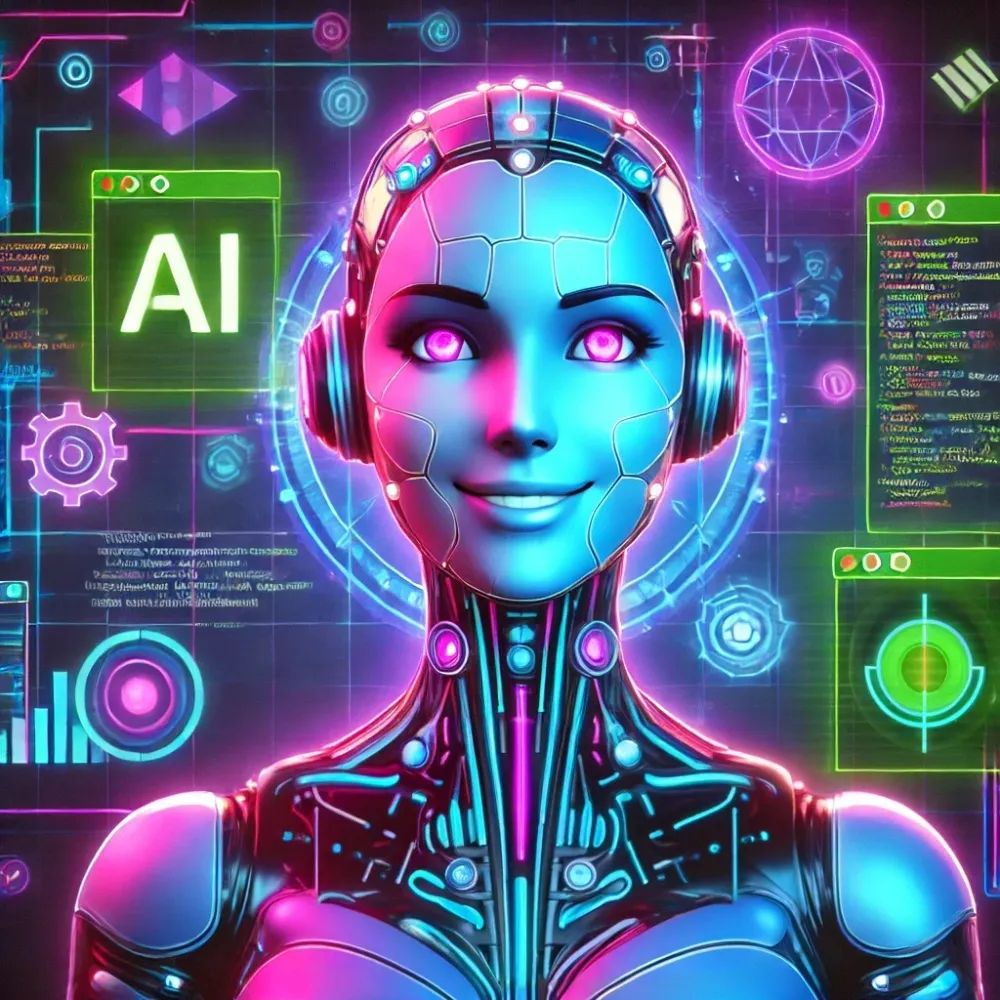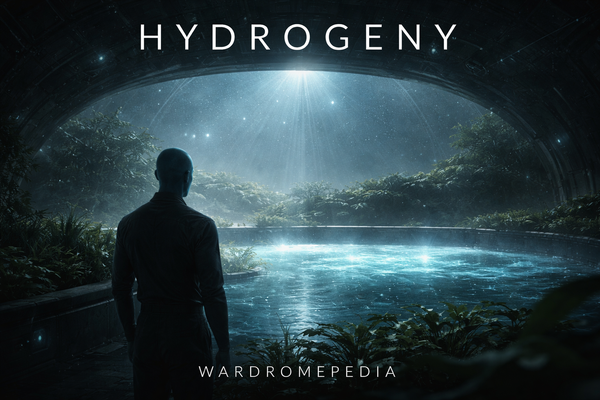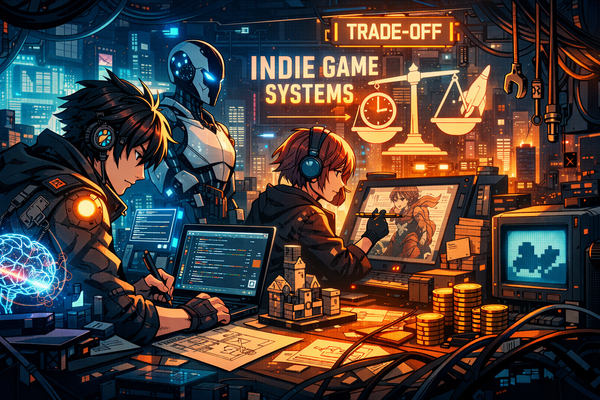How AI is revolutionizing indie game development: A complete guide
Artificial Intelligence (AI) has dramatically changed the landscape of game development, bringing significant benefits even to indie developers who might lack the resources of large studios. Here’s how AI is revolutionizing indie game development across various aspects:
1. Procedural content generation
AI-driven procedural generation enables developers to create vast, unique game worlds without manually designing each element. By using algorithms, developers can generate levels, landscapes, and even entire game worlds that are diverse and engaging. This technology not only saves time but also enhances replayability by ensuring that players have a new experience every time they play. Indie games like No Man's Sky have effectively used procedural generation to create massive, explorable universes (DigitalDefynd, Search My Expert).
2. Dynamic game balancing
Balancing a game can be tricky, but AI helps by adjusting difficulty levels based on player performance. This keeps players engaged without making the game too easy or overly challenging. AI can analyze gameplay data in real time, tweaking enemy behavior or adjusting challenges to match the player’s skill level, ensuring a smooth and enjoyable gaming experience (Hawk LiveSDLC Corp).
3. AI-Enhanced storytelling
One of the most exciting applications of AI in gaming is dynamic storytelling. AI can analyze player choices and adjust the narrative accordingly, creating a personalized experience that changes with each playthrough. For indie developers, this means they can build deeply engaging stories without scripting every scenario manually. Games like Detroit: Become Human have set a benchmark with this approach, and it’s becoming more accessible even for smaller studios thanks to AI-driven tools.
4. Automated testing and quality assurance
Game testing is a critical but time-consuming task. AI streamlines this process by running thousands of gameplay scenarios to identify bugs and performance issues faster than human testers. This allows indie developers to focus on creativity while AI handles repetitive testing, ensuring smoother game launches with fewer bugs.
5. Real-Time personalization and adaptive gameplay
AI can enhance player engagement by adapting the game in real-time. For instance, AI systems can modify the gameplay based on a player’s actions, preferences, or even emotional state. This makes each player’s journey unique, creating a personalized experience that increases satisfaction and retention. Adaptive AI ensures that the game remains interesting for a broader range of players, from beginners to experts (Hawk Live, Toolify).
6. AI-Driven Sound and Visuals
AI also aids in creating dynamic soundscapes and visuals that respond to the player’s actions. Sound effects, background music, and even visual elements can be adjusted in real-time, creating a richer and more immersive atmosphere. This technology is especially valuable for indie developers, as it reduces the need for extensive manual adjustments, speeding up production.
7. Game design assistance
AI can assist in generating creative ideas, offering suggestions for gameplay mechanics, level designs, and even narrative elements. For indie developers working with small teams, these AI tools act as a brainstorming partner, bringing new ideas to the table that might not have been considered otherwise.
AI is revolutionizing indie game development by simplifying complex tasks, enabling personalized gameplay, and improving efficiency. For developers, this means more time to focus on creativity while AI handles the heavy lifting, from testing to content generation. As AI continues to advance, it promises even greater innovation, offering indie developers tools that can rival those used by the biggest studios.




